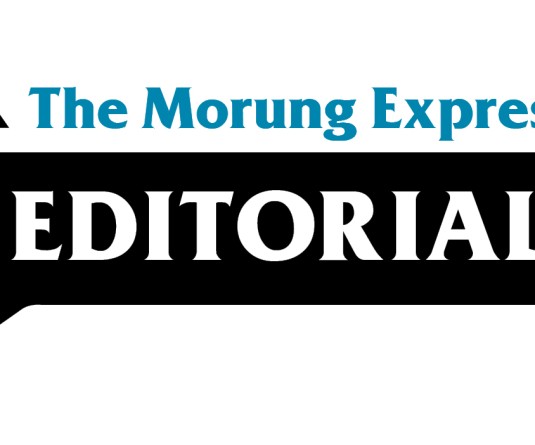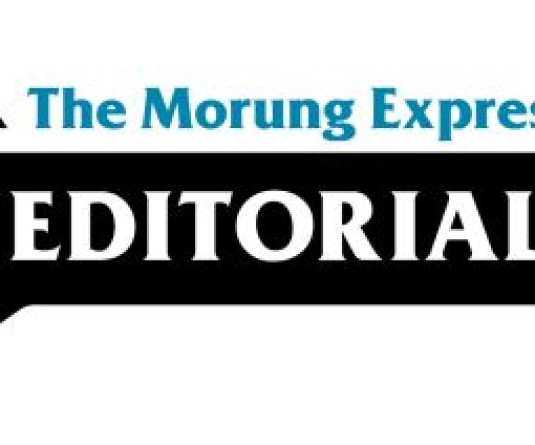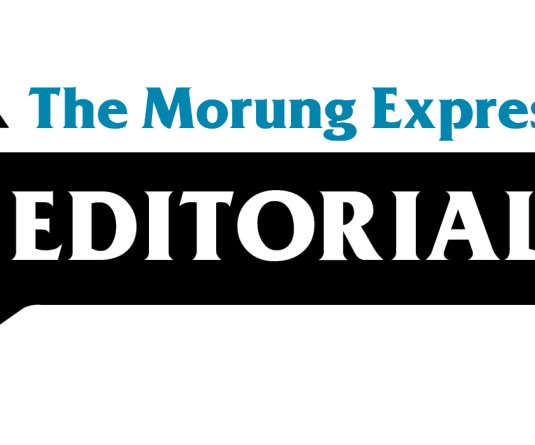
Over the last few weeks, several charges of corruption has been leveled against a number of politicians belonging to the ruling DAN government including a long list of allegations against the Chief Minister himself. Since these allegations have been made by the Opposition Congress and therefore are political in nature, the validity of these charges would have to first stand the test of proper scrutiny before the person or such persons are assumed as guilty. More than the social malaise brought about by wide-spread corruption an even bigger dilemma that confronts the system is finding ways and means to plug the loopholes. Effective enforcement requires independent oversight agencies endowed with powers to supervise, investigate and, if required, institute legal proceedings in cases of malpractice. Unfortunately, governments in general both at the State, national level lack the political will to give the necessary power and teeth to such vigilance or enforcement agencies.
Further, in the context of Nagaland, whether the Opposition Congress itself has the moral strength to pursue such matters of political corruption remains to be seen given the fact that the problem is itself as widespread as the antecedents of the corrupt involving party politicians both from the Congress and others. One of the biggest problems with corruption is that since most politicians adhere to it in some form or the other, there is an unhidden solidarity among the birds of the same feather. Completely eradicating corruption in the short term is a utopia even for a small state like Nagaland. What is required is a long term social movement with initiative and active participation of Church, Students, Civil Society Groups etc. On its part, the political leadership must help put in proper place and shape, the necessary institutions (Legislature-Executive-Independent Judiciary-Fourth Estate), which will pave way for a healthy tradition of checks and balances to develop and take root.
It will be worthwhile here to address the specific need to strengthen the Legislature in order that it remains an effective tool to keep a check on a despotic executive/ government and that the power of scrutiny it enjoys with regard to what the government spends, must be pursued in a more pro-active manner. In many Legislatures today the importance attached in controlling executive spending has become an insignificant function. It needs to be re-emphasized that not a farthing can be spent by Ministers or the government unless it is legally appropriated through the Legislature and hence the latter has as much privilege and the right to scrutinize government spending. One positive development observed over the last few years is the emerging role of the Comptroller and Auditor General of India (CAG) in the context the State’s finances and their misappropriation. A CAG report is widely feared among the bureaucratic and political circles as it is able to scrutinize with valid proof, the entire financial system of the country—at the Centre as well as State levels. As the impartial head of the audit and accounts system of India, the role being played by the CAG needs to be appreciated as well as encouraged. At the end of the day, what is desired is not so much giving legitimacy to corruption but rather to institutionalize democratic norms and practices.






